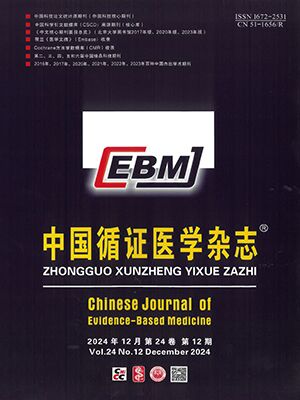Inconsistency, impracticability and non-standardization of the selection, measurement and reporting of outcomes are three primary existing issues in clinical trials. These problems pose a threat to huge research waste when the results of similar studies are not able to be combined or compared. The key for resolution will be to standardize outcomes in traditional Chinese medicine (TCM) clinical trials and to establish a core outcome set (COS), which is a set of outcomes to be reported as a minimum in all TCM clinical trials of similar healthcare system and syndromes. The first step in the development of COS is to collect all existing outcomes, that is, to build a pool of outcomes for clinical trials of TCM. A pool of outcome is the basis of developing COS, which is important to follow strict and scientific methodology. This paper aims to construct an outcome pool from published literature, clinical trial registration protocols, and clinicians, and patients questionnaires were used to form a list of outcomes. In addition, the influencing factors of constructing an outcome pool and considerations for each problem are summarized in order to provide guidance and reference for the development of COS in clinical trials for TCM.
Citation: ZHANG Mingyan, CAI Huizi, NIU Bohan, LI Kai, ZHENG Wenke, ZHANG Boli, ZHANG Junhua. Analysis on the influencing factors of constructing an outcome pool in core outcome set study for traditional Chinese medicine. Chinese Journal of Evidence-Based Medicine, 2021, 21(4): 464-468. doi: 10.7507/1672-2531.202008143 Copy
Copyright © the editorial department of Chinese Journal of Evidence-Based Medicine of West China Medical Publisher. All rights reserved




